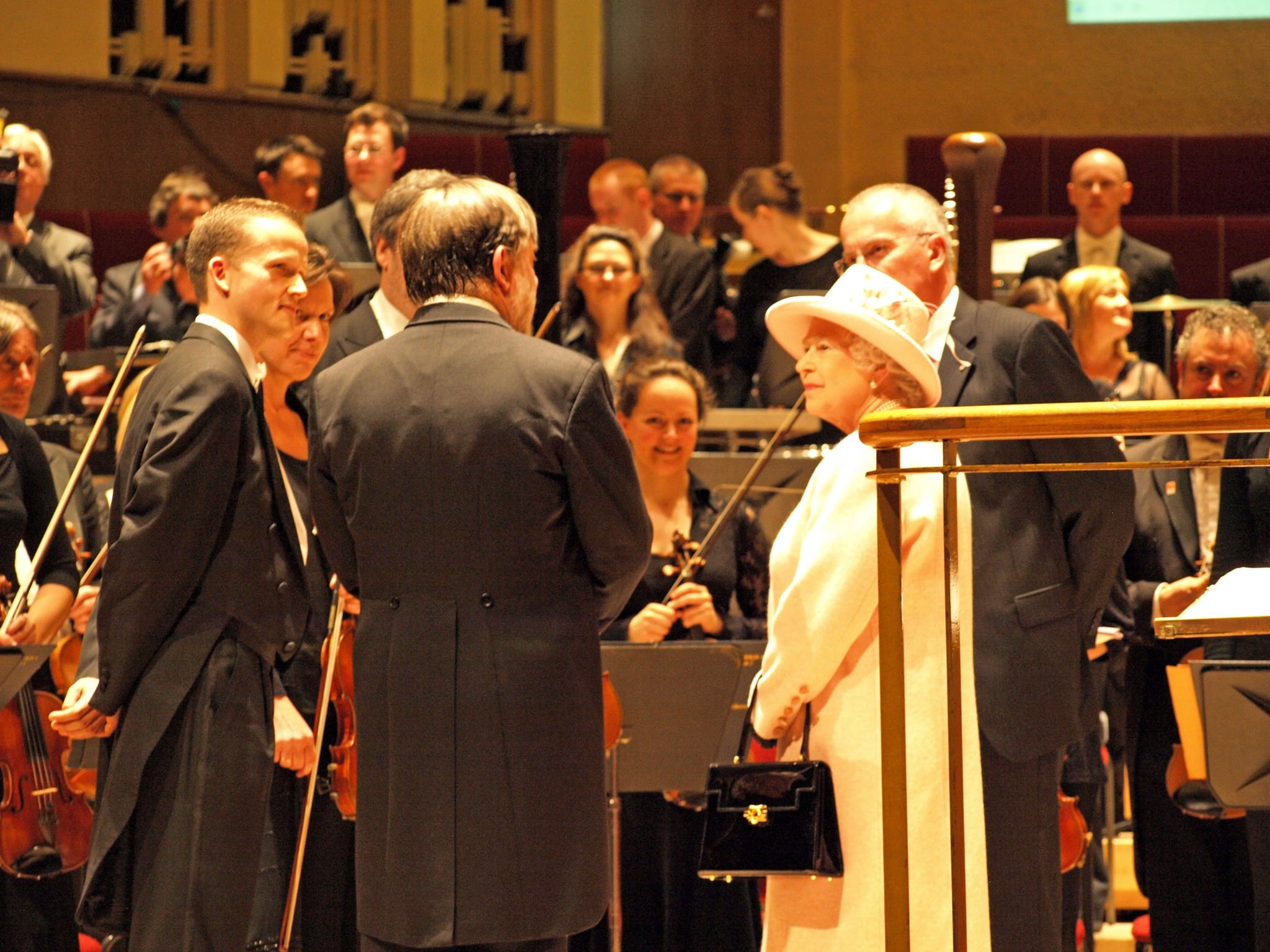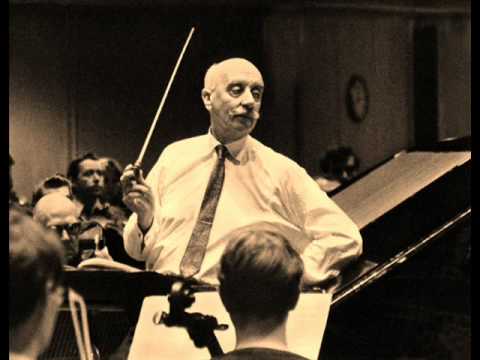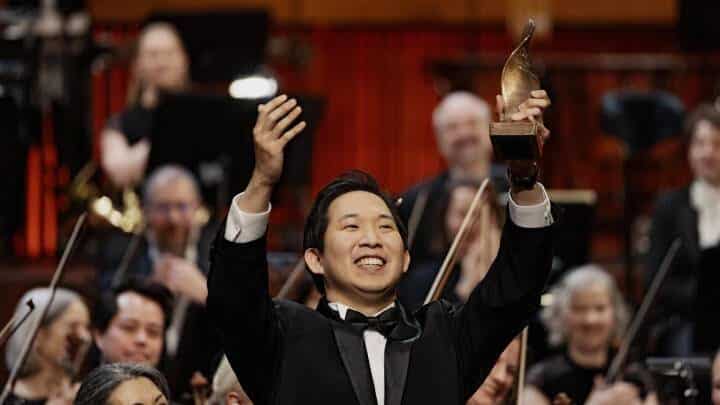Listening to radio. Actually listening, not just hearing it.
mainA dozen francophone friends came round last night to hear my programme on Barbara and the effect was unexpected.
We sat, whiskey tumblers and champagne glasses in hand, and gave the speakers our full attention for 45 minutes. It felt like being transported back to the 1930s of our parents and grandparents when radio was the sole domestic source of news and entertainment.
Our younger friends, who had never truly listened to radio before, were unaware of its hypnotic power to evoke a world in sound, without pictures. I quoted them Marshall McLuhan to the effect that what you heard on radio, a ‘hot’ medium, endured longer than what you saw on TV, a cold one.
Here’s another listener‘s account.






Unfortunately I did not hear this particular programme, but your photograph reminded me of days of my youth in the fifties and early sixties. The large radio (with a round green tuning cat’s eye) was the focal point of our living room. My parents and I gathered round that radio after supper to listen to plays, comedies and musical programmes. Happy days!
You can still hear it on the BBC i-player. Just click the link.
Thank you Norman for the programme, I confess that neither I nor my wife had heard of Barbara prior to listening to it. I found it most moving at times and confess to the occasional tear in the eye.
Norman, I think that Barbara’s song Amours incestueuses is actually about her having incest with herself. It’s a play on words maybe with it’s jaded desperate cabaret. She’s part of her own family to herself. She says that she falls in love with her own child that is the sun that fell to the earth she loves so much. She had moved towards a great insolence and a great fall (maybe her last) she says, and then this child as a miracle arose in the light. I think she somehow sees the hurt in her father’s eyes despite all of the pain he caused and recognizes that in herself (the part that struggled to find worth in herself): the self that was the child and that becomes her other self: the “king” whose brow she crowns and whose mouth she kisses as she reopens her house after the great fall when this child miraculously appears, the child she realizes she loves so much. The child that appeared breaking her boundaries after she had wanted nothing It seems that it took her 20 years to let go of all of the pain, and this is maybe why she talks about 20 years out of forty, the twenty years that slept and yet were given to her by this self she hadn’t discovered yet: the king, the lover of her child that was herself. And in letting go of the pain she realizes that as soon as she let go of it, it’s condemned because this is not how things work in a world which is always looking to condemn rather than to heal and let go. So, she moves on, saying to the shadow that she loves her child – and he will understand later. She acknowledges the diamond and burns the cathedral realizing that, although the moment the moment of letting go is born it will be condemned because it can let go and heal rather than condemn, at least it doesn’t tarnish (the past that’s gone is not again imprinted on it)…And thus this child that thought it’s only worth was to be abused moves on and lets go. So, I agree with you that in essence she is becoming France despite the past, but not because she hates France (how could this work?). I don’t agree with the psychiatrist who makes some convoluted idea that she is taking victory over her mother. I think that this really is the kind of play that goes on so often in psychotherapy that; instead of helping a person let go, new twists are presented which tie one further up in dualistic knots and pretends that there is some magic solution in making up such analyses. No, I don’t think the song has anything to do with some sort of resentment or competition she had with her mother for the attention of her father. I can’t say that I think that the psychiatrist understands the song. I think it’s music, and it’s what music is. And it exists in the lucidity and flexibility that makes it possible. And it’s healing. And thank you so much for sharing this amazing story…